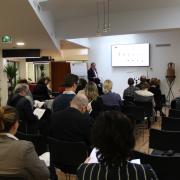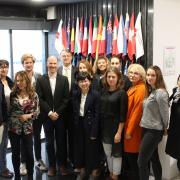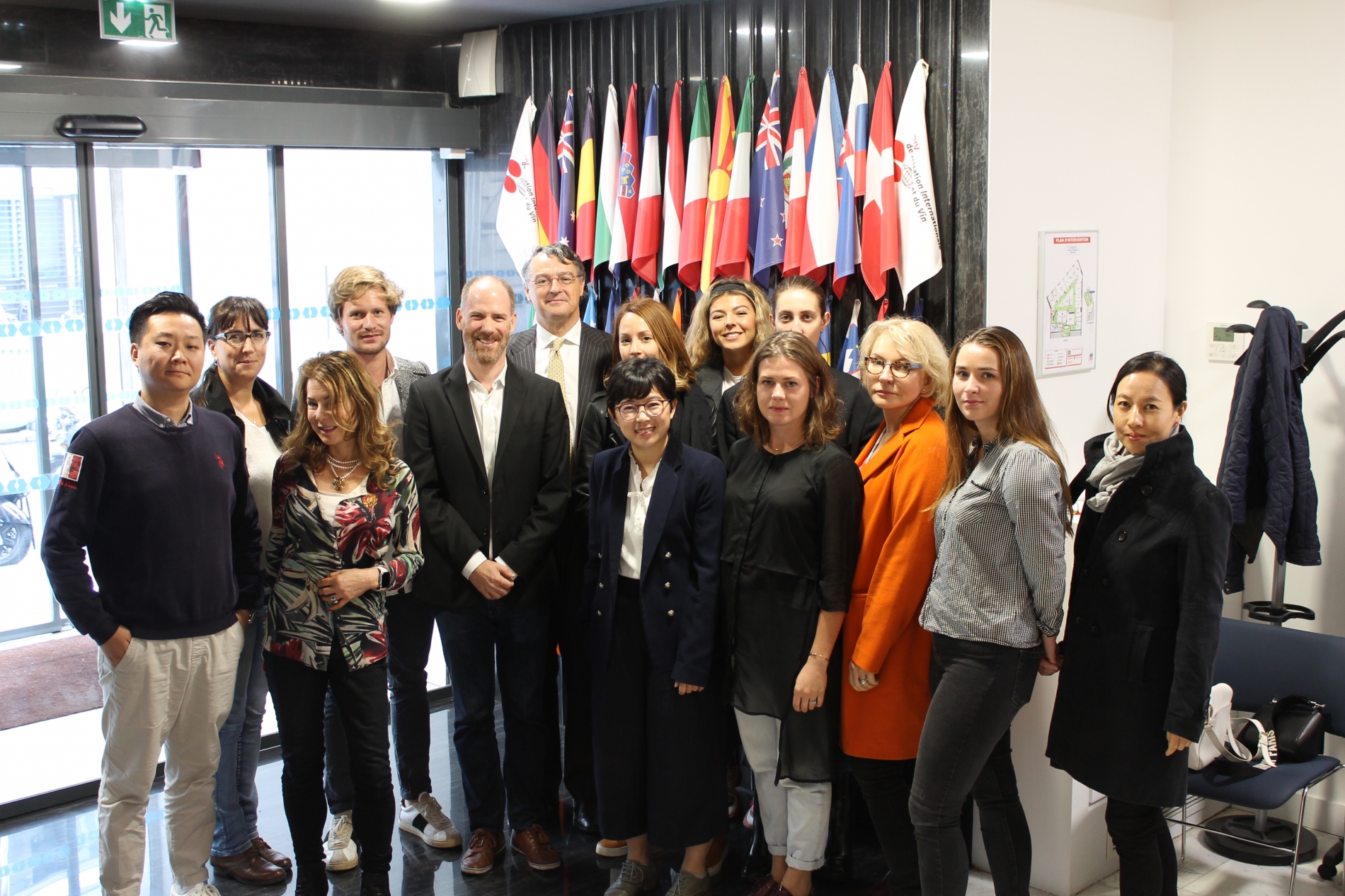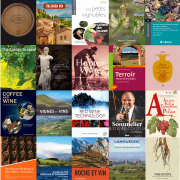
To attend this press conference, journalists are kindly asked to send an email with their name and their professional contact details to press@oiv.int.
Date: Thursday 31 October 2019
Time: 11am
Location: *attention new headquarters* International Organisation of Vine and Wine, (OIV), 35 Rue de Monceau, Paris 75008 - Metro station Monceau or Miromesnil [see map]

After a presentation of the OIV and its activities given by the various unit heads, this year’s MSc students were welcomed by the Director General, Pau Roca, who explained the future strategic plan of the Organisation and spoke about the main issues for the vitivinicultural sector of today.

The specific nature of the course is designed to be mono-sectoral, multi-disciplinary, itinerant, international and experiential all at the same time; it also now has one of the most developed networks in the world of wine. Since 1988, almost 500 players and policy makers in the wine world have taken this training programme.
The international dimension to this programme is expressed through a curriculum that every year leads students to discover over 20 key countries on the wine planet, spread over the 5 continents.
This was an opportunity for the students on the 32nd year of the OIV MSc in Wine Management to explore the new premises of the OIV, which now resides at 35 Rue de Monceau, 75008 Paris.

Information and the 2 registration forms for the 2020 Edition available here.
Submissions are opened from September 2019 to 28 February 2020
Contact: jurydesprix@oiv.int.